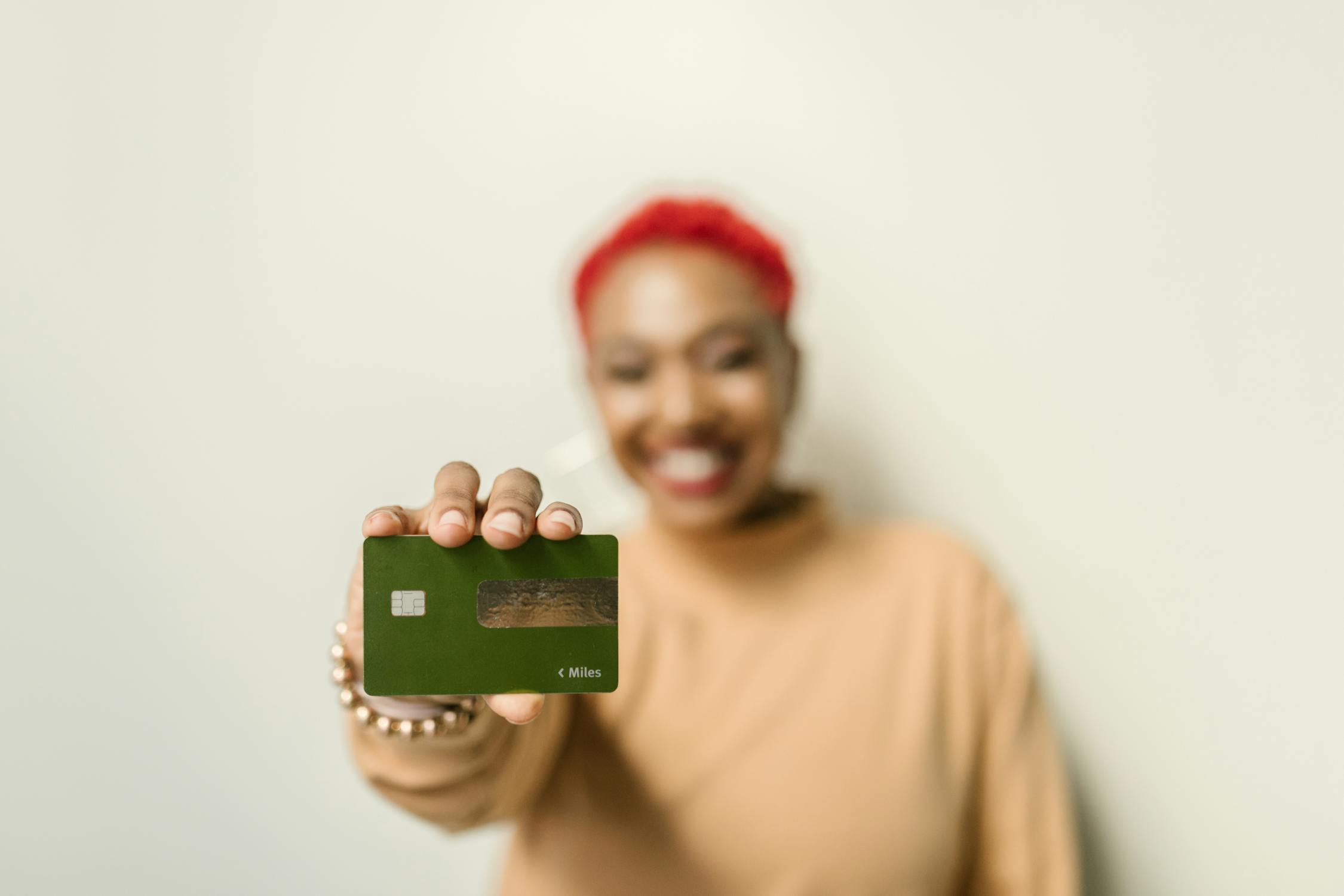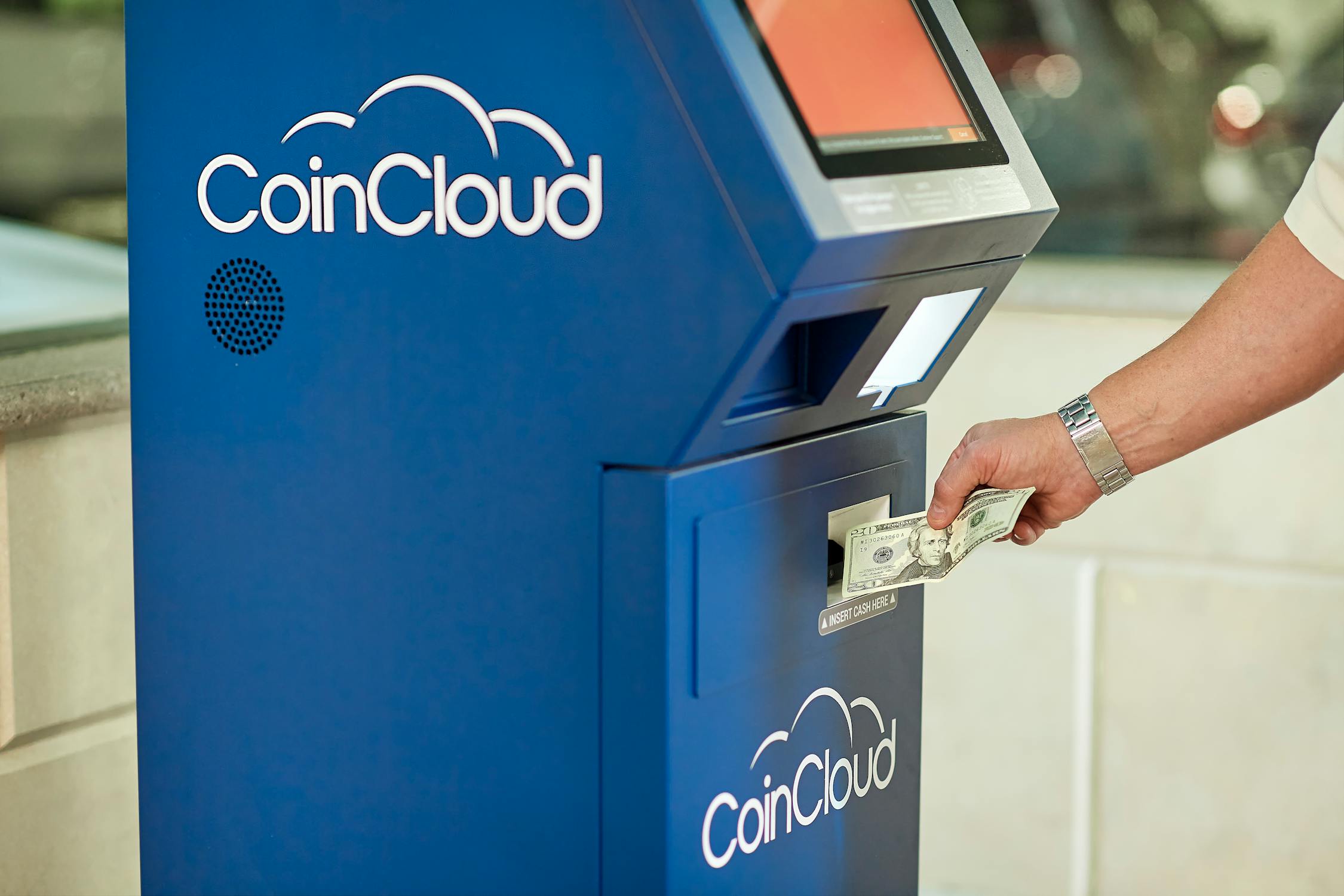Are you new to the world of finance and feeling overwhelmed? Don’t worry, you’re not alone! Banking can seem complex, but with the right knowledge, it can be a powerful tool to help you achieve your financial goals.
As a seasoned finance expert, I’ve created this beginner’s guide to banking 101 to help you navigate the world of finances with confidence. We’ll cover everything from choosing the right bank account to understanding basic financial concepts. Whether you’re just starting out or looking to improve your financial literacy, this guide will provide you with the essential information you need to succeed.
Get ready to take control of your finances and build a brighter future. Let’s dive in and explore the exciting world of banking!

What is a Bank and How Does it Work?
A bank is a financial institution that provides essential banking services to individuals and businesses. It acts as a safe and secure place to store money and facilitates various financial transactions. Banks are regulated by both the central bank, national government, and individual states to ensure they operate within legal boundaries.
Basic Bank Services
Commercial banks offer a range of services to meet the diverse financial needs of their customers. Here are some of the most common:
- Checking Accounts: These accounts are used for everyday transactions, such as paying bills and making cash withdrawals. They typically come with a debit card.
- Savings Accounts: Savings accounts offer a safe place to store money while earning interest.
- Loan Services: Banks provide various loan options, including car loans, credit cards, mortgages, and business loans.

Types of Banks
Banks can be categorized into several types based on their primary functions:
- Retail Banks: These banks primarily serve individual customers, offering a wide range of personal banking services.
- Commercial or Corporate Banks: These banks focus on serving businesses and corporations, providing services such as loans, deposits, and investment products.
- Investment Banks: These banks specialize in financial services for businesses and institutions, including mergers and acquisitions, underwriting securities, and providing financial advice.
- Central Banks: Central banks are government-authorized institutions responsible for overseeing a nation’s monetary policy and regulating the money supply.
Why Use a Bank?
Here are some of the top reasons why you should use a bank.
Bank Security
- Safeguarding Your Money: Storing cash at home exposes it to the risk of loss or theft. A bank account offers a secure and protected environment for your money.
- FDIC Insurance: Your bank deposits are insured up to $250,000 by the Federal Deposit Insurance Corporation (FDIC), providing additional peace of mind.
According to Investopedia, “Storing all your money in cash at home isn’t safe. Your home could be burglarized. Someone who knows you and knows that you keep your money at home—a child, relative, or friend—could pilfer your stash.”
Bank Convenience
- Easy Access to Your Funds: A bank account provides convenient access to your money. You can pay bills, receive payments, and withdraw cash easily.
- Online and Mobile Banking: Enjoy the flexibility of managing your finances online or through a mobile app.
Savings and Investment Opportunities
- Emergency Fund: A savings account is an excellent tool for building an emergency fund to cover unexpected expenses.
- Interest Earnings: Earn interest on your savings, helping your money grow over time.
- Investment Options: Explore investment options like retirement accounts or money market accounts to grow your wealth.
Choosing the Right Bank for You
When selecting a bank, consider the following factors:
- Legitimacy and Reputation: Research the bank’s reputation and ensure it is a member of the FDIC.
- Online vs. Brick-and-Mortar: Online banks often offer lower fees and higher interest rates, while brick-and-mortar banks may have more branches and ATMs.
- Location and Size: Choose a bank with a convenient location and a size that suits your needs.
- Customer Service: Consider the bank’s customer service reputation and the availability of support when needed before you deposit money.
By carefully evaluating these factors, you can find the bank that best aligns with your financial goals and preferences.

Types of Bank Accounts
- Checking Accounts: These are used for everyday transactions like paying bills, making purchases, and trying to withdraw money from a money market account.
- Savings Accounts: Savings accounts offer a safe place to store money while earning interest. They are typically used for long-term savings goals. You can go with the same bank or a different one.
- Certificates of Deposit (CDs): CDs are time deposits that offer a fixed interest rate and maturity date. They are ideal for those seeking a higher interest rate but are willing to lock in their money for a specific period.
Bank Account Features
When choosing a bank account, consider the following features:
- Fees: Some banks charge fees for certain services, such as monthly maintenance fees, ATM fees, or overdraft fees.
- Interest Rates: Compare interest rates offered by different banks, especially for savings accounts and CDs. Higher interest rates can help your money grow faster.
- Minimum Balances: Some accounts require a minimum balance to avoid fees or to earn interest.
Opening a Bank Account: A Step-by-Step Guide
To open a bank account, you’ll typically need to provide the following:
- Identification: A valid government-issued ID, such as a driver’s license, passport, or state ID.
- Contact Information: Your current address, phone number, and email address.
- Proof of Income: Some banks may require proof of income, especially for certain account types or higher balances. This could be a pay stub, tax return, or other financial documentation.
Opening Deposit Requirements
The minimum opening deposit required varies significantly between banks. Some institutions may have no minimum, while others require a substantial initial deposit.
When choosing a bank, consider factors such as:
- Fees: Compare the monthly maintenance fees, transaction fees, and overdraft charges.
- Interest Rates: If you’re looking for a savings or checking account, compare the interest rates offered.
- ATM Network: Ensure the bank has ATMs and branches in convenient locations for your needs.
How to Open a Bank Account
You can open a bank account in several ways:
- In-Person: Visit a bank branch and provide the required documentation. All banks require this, whether it be a retail bank, credit union, or an investment one.
- Online: Many banks offer online account opening, allowing you to complete the process from the comfort of your home.
- By Phone: Call the bank’s customer service to initiate the account opening process.
By following these steps and considering the factors mentioned, you can successfully open a bank account that meets your financial needs.
According to Choose FI, “Banks are more than just a safe place to keep and grow your money. They’re a lifelong tool to help you maintain your overall financial health and live a happier, healthier life.”

Managing Your Bank Account
Managing your bank account effectively involves various tasks, including making deposits, transferring funds, and utilizing savings accounts.
Making Deposits
You have several options for depositing funds into your bank account:
- In-Person: Visit a bank branch and deposit cash or checks directly.
- ATM: Use an ATM to deposit cash or checks. Many ATMs offer deposit slips or mobile app integration for convenience.
- Online or Mobile App: Deposit checks using your bank’s online or mobile banking platform.
- By Mail: Send checks to the bank’s address using a deposit slip or following the bank’s instructions.
Transferring Funds Electronically
Electronic transfers offer a convenient way to move money between accounts:
- Debit or Credit Card: Use your debit or credit card to transfer funds between accounts or to other individuals or businesses.
- Mobile App or Online Banking: Utilize your bank’s mobile app or online banking platform to initiate transfers between your own accounts or to external accounts.
Receiving Direct Deposits
Direct deposits are a convenient way to receive income or payments directly into your bank account:
- Setup: Set up direct deposits with your employer or other sources through your bank’s online or mobile banking platform.
- Debit or Credit Card: Some institutions may allow you to receive direct deposits on your debit or credit card.
Savings Accounts 101
Savings accounts are essential financial tools for building wealth and financial security:
Benefits
- Interest: Earn interest on your savings balance.
- Liquidity: Access your funds when needed.
- Emergency Fund: Create an emergency fund to cover unexpected expenses.
Choosing the Right Savings Account
- Fees: Compare the fees associated with different savings accounts, such as monthly maintenance fees or transaction fees.
- Interest Rates: Look for accounts with competitive interest rates.
- Bank Reputation: Consider the bank’s reputation for customer service and financial stability.
Bank Account Safety and Security
The FDIC insures your money up to $250,000 per depositor, per insured bank, for each account ownership category. The institution upped this during the 2008 Global Financial Crisis.
The FDIC is an independent agency created by Congress to maintain stability and public confidence in the U.S. financial system.
To protect your account from overdrafts and fees, keep track of your account balance and available balance online or through a mobile app. You can set up overdraft protection to avoid overdraft fees, and additionally, consider a bank with low or no fees.

Banking Fees and Charges
While banks offer various services, they often charge fees for certain transactions. These fees can include monthly maintenance fees, transaction fees, overdraft fees, and ATM fees.
Understanding these fees is crucial to managing your finances effectively.
Online Banking and Mobile Banking
Online and mobile banking have revolutionized the way people interact with their financial institutions. These services offer numerous benefits and conveniences:
- Accessibility: Access your bank account from anywhere with an internet connection.
- Convenience: Pay bills, transfer funds, and check your account balance without visiting a branch.
- Security: Many banks employ advanced security measures to protect your financial information.
Accordng to Capital One, “Round-the-clock access also helps some people stay organized. If balancing your checkbook on Sunday evenings suits you, no problem.”
How to Use Online and Mobile Banking Services
To use online or mobile banking, you’ll typically need to create an account with your bank. Once you’re registered, you can log in to your account using your chosen credentials. From there, you can:
- Check account balances: View your current balances for checking, savings, and other accounts.
- Pay bills: Set up automatic payments or pay bills manually.
- Transfer funds: Move money between your own accounts or to external accounts.
- View transaction history: Review your recent transactions and statements.
- Set up alerts: Receive notifications for low balances, suspicious activity, or other important events.
Getting Financial Guidance: A Foundation for Financial Success
Financial literacy is a vital skill that empowers individuals to make informed and responsible decisions about their money. By understanding banking basics and personal finance principles, you can take control of your financial future.
There are numerous resources available to help you enhance your financial knowledge:
- Online Resources: The internet is a treasure trove of financial education materials, including articles, blogs, and websites that offer tips, advice, and tutorials on various financial topics.
- Financial Education Programs: Many organizations, including banks, credit unions, and government agencies, offer financial education programs that provide workshops, seminars, and online courses.
- Bank Websites: Your bank’s website is an excellent starting point for financial information. They often provide resources, tools, and calculators to help you manage your finances effectively.
- Financial Advisors: For personalized advice and guidance, consider consulting with a financial advisor. They can help you create a financial plan tailored to your specific needs and goals.
- Bank Representatives: Bank representatives can provide valuable information and support regarding your financial questions. They can help you understand different account types, fees, and services.
Profit First Banking: A Game-Changer for Business Owners
Profit First Banking is a unique financial strategy that prioritizes profit for businesses. Unlike traditional methods, it ensures consistent profit generation and allocation.
By dividing your income into five accounts—Profit, Owner’s Pay, Tax, Debt, and Operating Expenses—Profit First helps:
- Increase profitability: Prioritizing profit ensures financial success.
- Improve cash flow: Avoid financial crises by maintaining sufficient funds.
- Reduce debt: Pay off obligations more quickly.
- Increase owner’s income: Enjoy a steady income.
According to Relay, “The Profit First method involves intentionally dividing revenue across different bank accounts, including a profit account. This practice can help business owners create their own profit margin from day one, instead of allowing expenses to grow faster than the business. “
If you’re a business owner looking to improve your financial performance, Profit First Banking is a strategy worth exploring. By implementing this system, you can transform your business into a profitable and financially secure entity.
Frequently Asked Questions
1. Do You Have to be a U.S. Citizen to Open a Bank Account?
No, you do not have to be a U.S. citizen to open a bank account. You can open a bank account with a valid ID and Social Security number or ITIN.
2. How Old Do You Have to Be to Open a Bank Account?
You have to be 18 to open your own bank account. If you’re under 18, you’ll need a parent or legal guardian to set up a custodial or joint bank account.
To Wrap Up
Navigating the world of banking can be daunting, especially for beginners. However, with a solid understanding of the basics, you can make informed financial decisions and build a strong foundation for your future. Remember, choosing the right bank account is crucial. Consider factors such as fees, interest rates, and available services. Regularly review your accounts to ensure they align with your financial goals.
By following the tips and information provided in this guide, you’ll be well-equipped to manage your finances effectively and achieve your financial aspirations.


